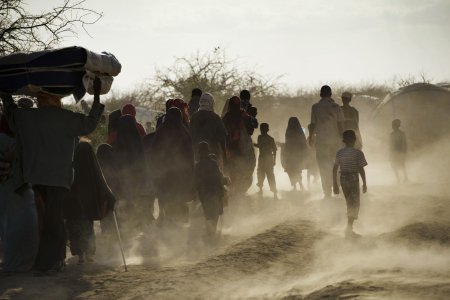 Lynsey Addario
Interview
Lynsey Addario
Interview
11/18/2016
Rony Brauman
Michaël Neuman
MSF Crash's directors of studies, Rony Brauman and Michaël Neuman talk about MSF's refugee camp experience.
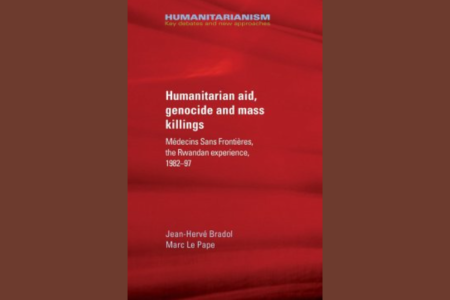 Book
Book
11/04/2016
Jean-Hervé Bradol
Marc Le Pape
Throughout the 1990s, Médecins Sans Frontières (MSF) was forced to face the challenges posed by the genocide of Rwandan Tutsis and a succession of major outbreaks of political violence in Rwanda and its neighbouring countries.
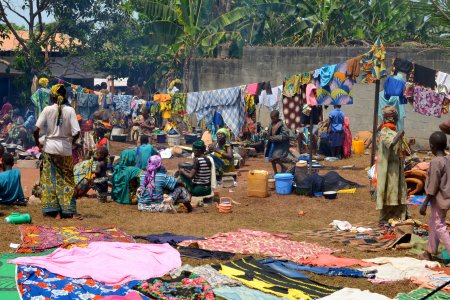 Remi Djian
Opinion
Remi Djian
Opinion
05/05/2014
Michaël Neuman
Delphine Chedorge
For a few months now, the world's response to the organized expulsion of the Muslim community out of the Central African Republic (CAR) can best be described as strikingly mute.
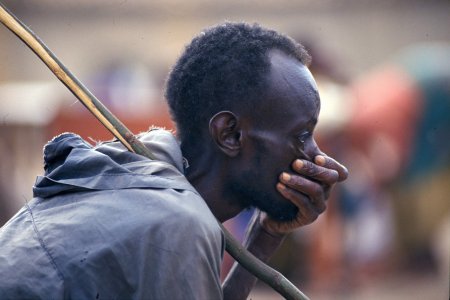 Roger Job
Speaking Out Case Studies
Roger Job
Speaking Out Case Studies
04/03/2014
Laurence Binet
This case study is describing the difficulties and dilemmas met by Médecins Sans Frontières (MSF) during the genocide of Rwandan Tutsis in April, May and June 1994.
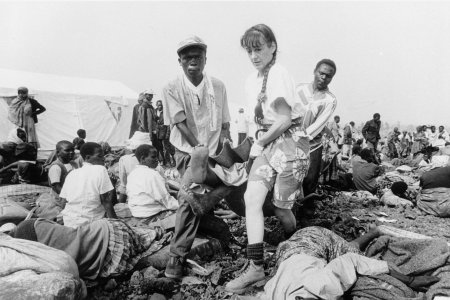 Remco Bohle
Speaking Out Case Studies
Remco Bohle
Speaking Out Case Studies
04/03/2014
Laurence Binet
This case study is describing the constraints and dilemmas met by MSF when confronted with camps under the tight control of "refugee leaders" responsible for the genocide of the Rwandan Tutsis from April to June 1994.
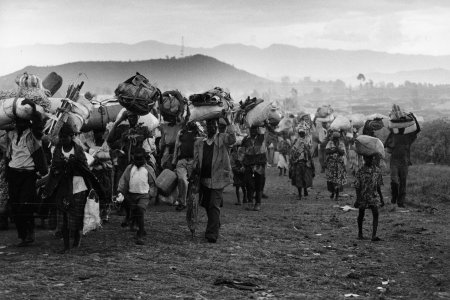 Remco Bohle
Speaking Out Case Studies
Remco Bohle
Speaking Out Case Studies
04/03/2014
Laurence Binet
The ‘Hunting and killings of the Rwandan refugee in Zaire/Congo' case study is describing the constraints and dilemmas faced by Médecins Sans Frontières' teams in 1996 and 1995 when trying to bring assistance to the Rwandan refugees in Eastern Zaire.
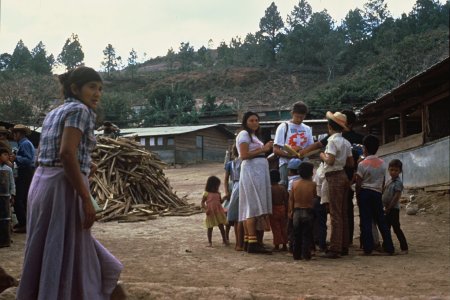 MSF
Speaking Out Case Studies
MSF
Speaking Out Case Studies
12/17/2013
Laurence Binet
The « Salvadoran Refugee Camps in Honduras 1988 » case study describes the dilemmas regarding a stance that ... was not supposed to be public.
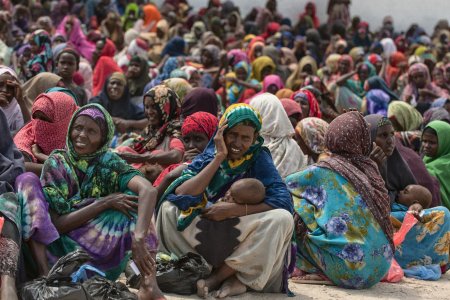 Yann Libessart
Opinion
Yann Libessart
Opinion
09/22/2011
Hakim Chkam
Humanitarian assistance has become entangled with migration and security agendas. Indeed, most humanitarian assistance in Somalia and in refugee camps is subordinated and in support of these two agendas.
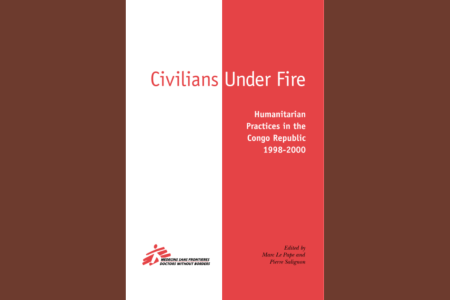 Book
Book
10/01/2001
Marc Le Pape
Pierre Salignon
In the face of violence, how does a medical relief organization react and respond? This book is an account of one experience; it describes and analyzes the characteristics of one intervention: that of Médecins Sans Frontières in Congo Brazzaville in 1998-2000.
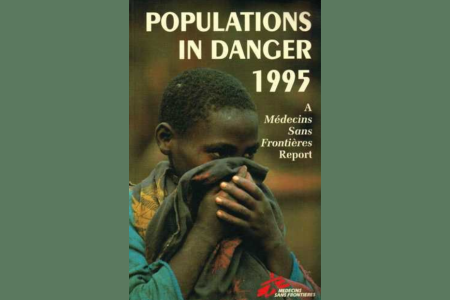 Book
Book
11/01/1995
François Jean
« Never again »: in the wake of the second World War, the terror caused by the Holocaust led the community of states to condemn genocide as a crime and to create a new international organization, the United Nations. And yet, half a century later, the international community did nothing to prevent the first undeniable genocide since that of the Jews: it let the massacre of the Rwandan Tutsis and merely sent humanitarian aid, even though it was nearly over.
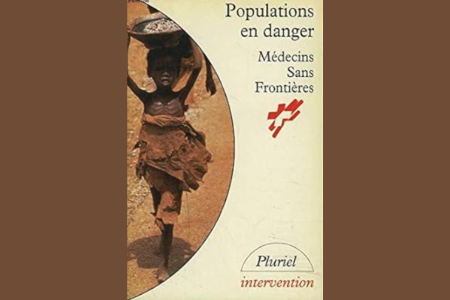 MSF-Crash
Book
MSF-Crash
Book
12/01/1992
François Jean
In the world today entire populations are at immediate risk of death from either famine, war, epidemics or displacement. The people of Southern Sudan, Somalia, the former Yugoslavia, Mozambique, Peru, Sri Lanka, Nagorno-Karabakh, as well as the Tuaregs, the Kurds and Burma's Moslems are those who face the most serious threats.
 Lynsey Addario
Interview
Lynsey Addario
Interview










